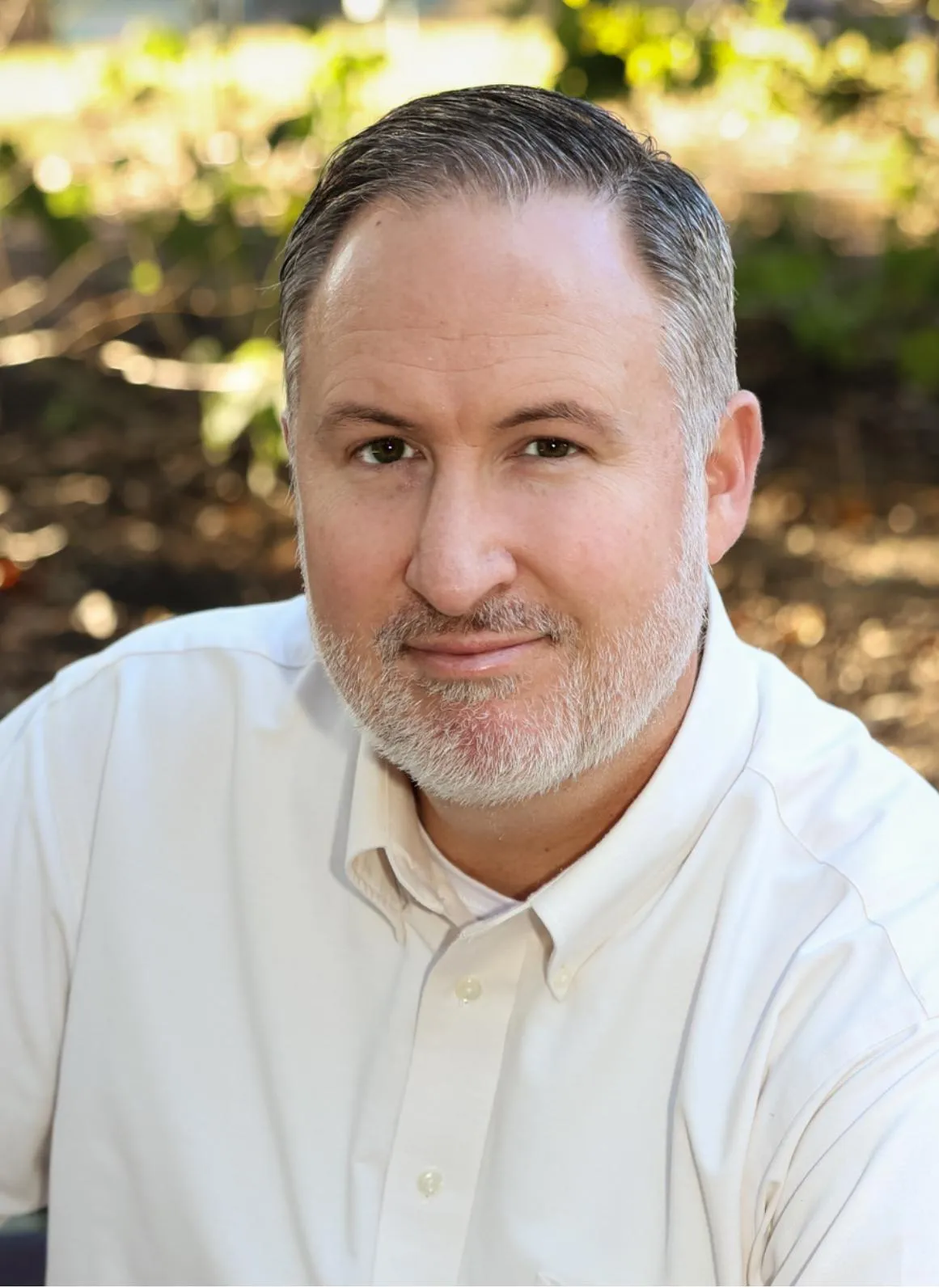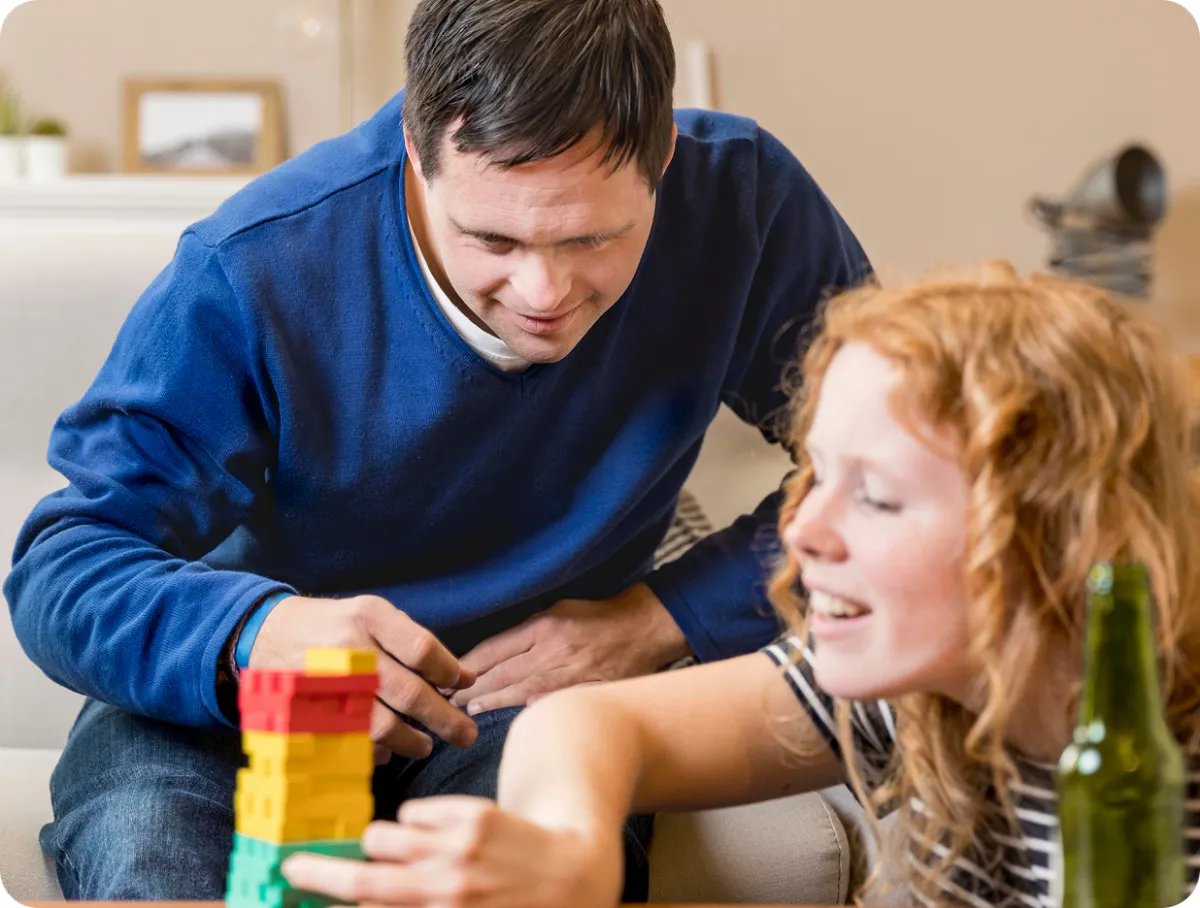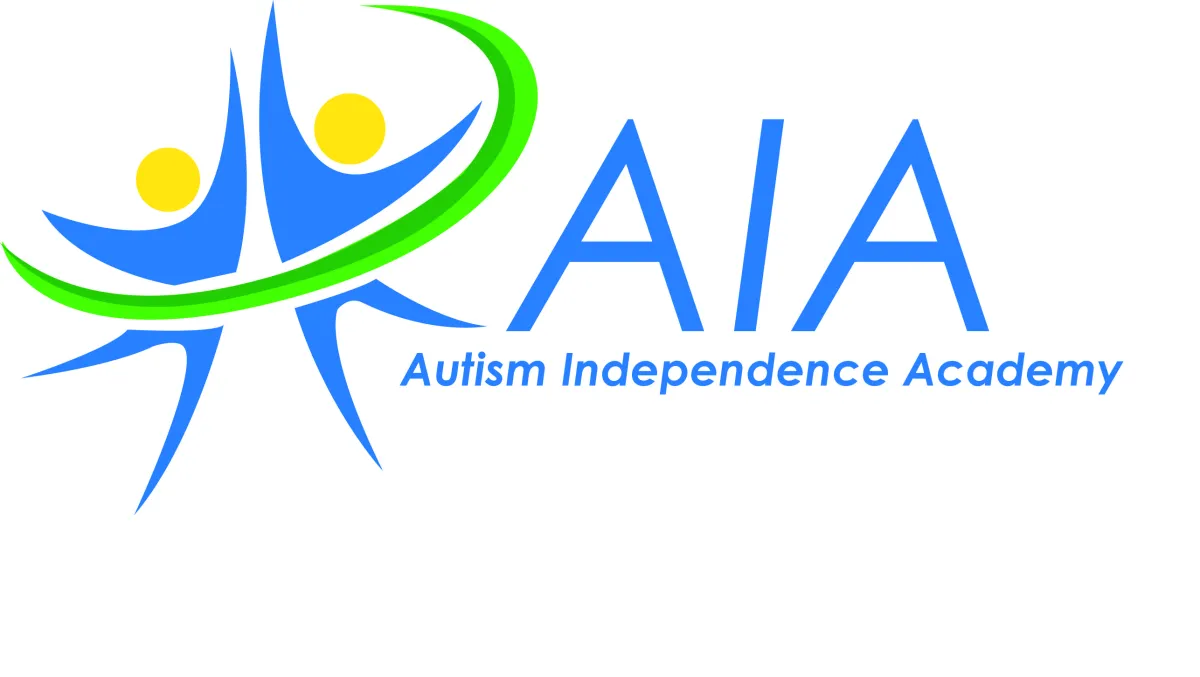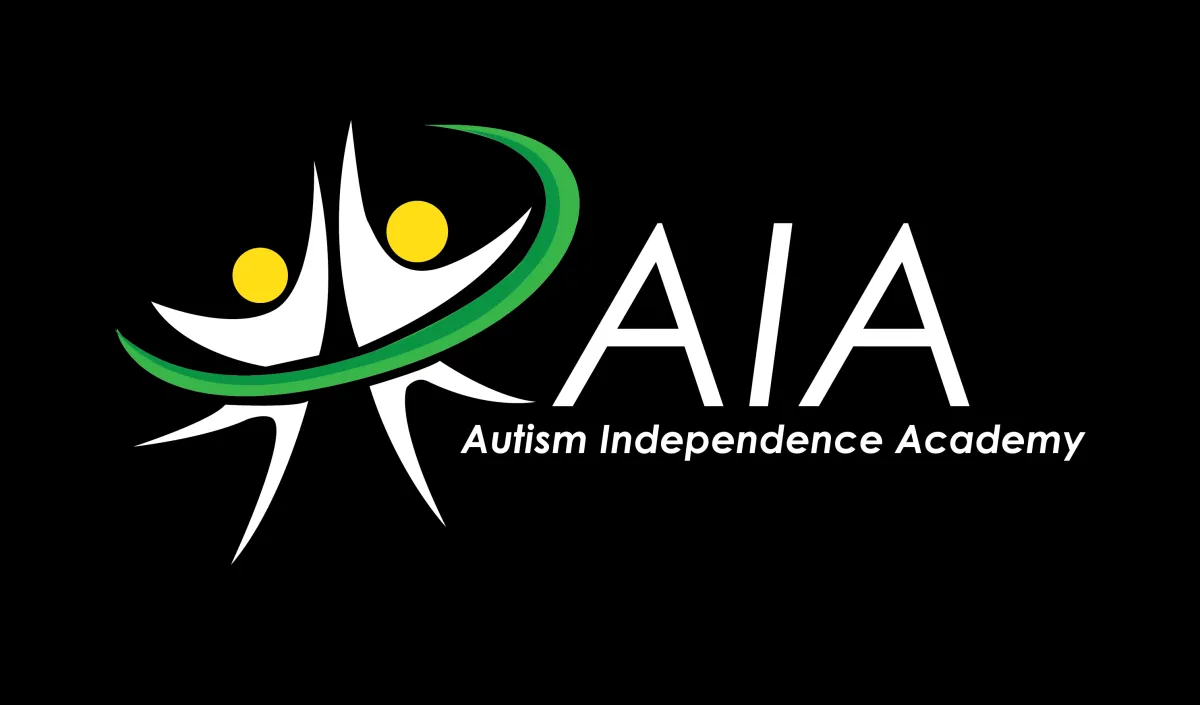Get a checklist of key life skills, weekly routines, and one of the top strategies to improve communication with your child - THE INDEPENDENCE STARTER KIT FREE TODAY!
Featured On



Is Your Young Adult Struggling With Any of These Challenges?
Confidence
Anxiety
Overwhelm With Life
Identity
Career Direction
Making Friends
Navigating Transitions
Time Management
Planning
Keeping a Routine
Executive Functioning
Feeling Stuck
What We Offer
Our programs are designed by experts who have years of experience.
Programs
We cover confidence, executive functioning, job prep, and social skills in a live, supportive group format. Includes built-in parent support.
Digital Content
Bite-sized learning on topics perfect for learning at their own pace between coaching sessions.
Mentorship and Coaching
Whether your young adult is just getting started or needs extra support navigating life, school, or work, our coaching provides structured, encouraging guidance tailored to their needs.

About us
We are a team of transformational coaches dedicated to empowering autistic young adults and their parents. Together, we break free from stagnation, ignite confidence, and create a compelling future. Through personalized 1:1 sessions, dynamic online programs, and supportive group coaching, we conquer anxiety, overcome depression, and cultivate a resilient identity of achievement and self-sufficiency, ultimately leading to independence.
Our top rated skills you can learn
Creating an Identity of confidence
Building routines and executive functioning skills
Navigating social situations and communication challenges
Setting personal, academic, or career goals
Developing independence
Meet our CEO, Blake Baumann

Hello, my name is Blake Baumann and I specialize in helping people with high functioning autism to unleash their genius and excel at managing the world around them so that they can live an extraordinary life.
My Story:
Autism came into my life at age 36 when my mini-me, my son, was diagnosed with it. For several years I denied it, not only for myself but also for my son. I even made sure my son’s school didn’t receive the diagnosis because I didn’t want my son treated any differently from other children because I knew the world wouldn’t. My wife, who worked in education and is the original one who pointed out that my son and I both had ASD, tried bringing up the conversation several times after the official diagnosis to which I would quickly shut her down.
The truth is I thought it would make me less of a person. I had worked extremely hard to overcome the many challenges that I faced in childhood and as an adult from social anxiety, communication awkwardness, sensory issues, and developing relationships to be an executive leader, speaker, husband, and father. Over the next few years with the help of my incredible wife, I was able to see all the things I achieved as a pathway to help other people with autism.
Through AIA, it’s my mission to help you and your loved ones to embrace and recognize what autism is…not a syndrome or disorder but a gift. Let me help you unleash your gift to live a truly extrodinary life.

The Power of Identity in Autism Coaching

Latest PostsThe Power of Identity in Autism Coaching
If you want your young adult to change their behavior, you have to start deeper—at the level of identity. I’ve seen this in every coaching relationship: until someone believes they are capable, every strategy feels temporary.
Why Identity Comes First
Many neurodivergent young adults carry invisible narratives:
“I’m different.”
“I’m behind.”
“Something’s wrong with me.”
These thoughts quietly shape every choice.
The job they apply for. The risks they avoid. The goals they never start. Our job as parents and coaches is to help them rewrite that story.
How to Rebuild Identity
Focus on Strengths Over Struggles.
Every week, have them name one skill they used well—no matter how small. This teaches their brain to see competence instead of deficiency.
Use “I am” Statements.
Replace “I can’t focus” with “I’m learning to focus.” Language is the mirror of identity—what we say, we start to believe.
Connect Identity to Action.
Instead of “You need to get a job,” say, “You’re the kind of person who takes steps toward independence.”
When their identity shifts, behavior follows naturally.
If you want your young adult to take consistent action, start with who they believe they are. Identity fuels motivation. Motivation fuels follow-through. Once they see themselves differently, everything changes.
Want to learn how to build identity as the foundation for independence? Join the Independence Path Membership and get monthly tools and coaching to help your young adult grow in confidence and purpose.
The Independence Starter Kit
A checklist of key life skills, weekly routines for independence, and 1 of the top strategies to improve communication with your child. Get kit now for free.


